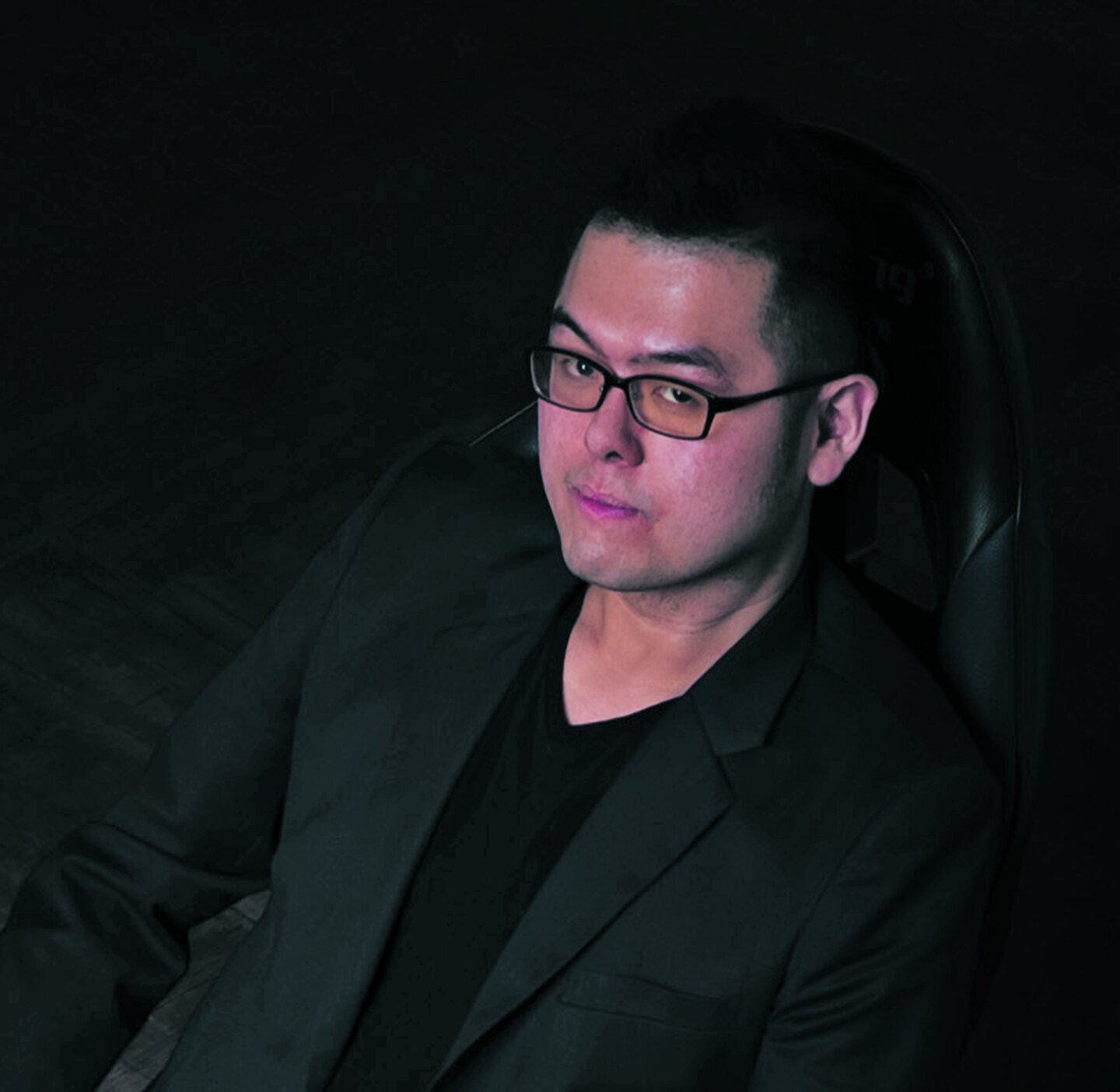How you win at gaming can determine how you win in life, says Ivan Yeo, whose EVOS Esports is Southeast Asia’s leading professional e-sports company. Revenues have surged past US$10 million over the last two years for the 120-strong team overseeing activity in Singapore, Malaysia, Thailand, Vietnam and Indonesia.
“Gaming is extremely competitive,” says Yeo, who made it to last year’s Forbes 30 Under 30 (Asia) list. “You must have the desire to win, only then can you figure out how to become better.”
Your first memory of gaming?
I was eight years old when I started playing video games. I often hung out at cybercafes after school as my parents were at work. Since I had no PC, I installed Starcraft I into their computer without them knowing. I felt as if I’d completed a secret mission! Of course, I was found out eventually, and got caned for it!
How did that inspire you to start EVOS Esports?
Honestly, I never thought I was that good at gaming. But while pursuing business and finance studies overseas, my perspectives started to change. I knew I wanted to build a company that would positively impact the younger generation. So with three friends I’d known since secondary school, I set up EVOS Esports in September 2016. It was meant to be a hobby — Okay, I told my folks that so they’d get off my back — but we believed we could one day help turn e-sports into an industry. By July 2017, we made the decision to do it full-time. You can say that I met the right people at the right time.
What was it like when you first started out?
E-sports didn’t exist — it was just people playing games in a competition. So we spent our early days trying to get our numbers up and to educate the market, because no one knew anything about e-sports then. In Singapore, the going was tough. In Jakarta, people were more open, hence we opened our first office there. Parents were especially apprehensive about allowing their children to pursue e-sports because of the stigma of addiction. But as awareness increased about how lucrative a career gaming could be, the adults got a little more open. We stayed patient and persevered because we knew that as the industry grew, the image of gaming would improve.
EVOS Esports has 15 professional teams in games such as Mobile Legends: Bang Bang and PUBG Mobile, and you manage 50 gaming influencers and 300 e-sports talents. Where does Singapore figure in e-sports?
While few of our professional players are Singaporean, we have coaches, managers and nutritionists who are Singaporean. Our education is among the world’s best and it’s helped produce some of the industry’s brightest minds. I believe Singapore has the potential to become the e-sports hub in the East, just like how Korea is for the West. But we are still two or three years behind our Southeast Asian neighbours, and I feel it’s important to show that e-sports offers career potential. One doesn’t necessarily need to be a player; you can take on different roles like marketing, business development and others.
So what do you fill in under “occupation” on forms — “gamer”?
CEO! [chuckles] I no longer have time to play games. These days, I’m content to watch my teams play, and win. The younger players are so good, I don’t think I’d ever reach their level. But it’s fun to cheer them on.
How did EVOS Esports help you cope with getting diagnosed with Kennedy’s Disease in 2017?
Kennedy’s Disease is an inherited neuromuscular disorder that affects muscle function in the arms, legs, mouth and throat. Although it was initially hard for me, I still wanted to help others if I could; that led me to focus on EVOS Esports full-time. I feel we still have a long way to go. There remains many less fortunate youth in the world and I hope EVOS Esports can help them to not just achieve their dreams but also to become role models for those who will come after them. We are also exploring opportunities to raise funds for charities, in particular those that reach out to people with disabilities.

